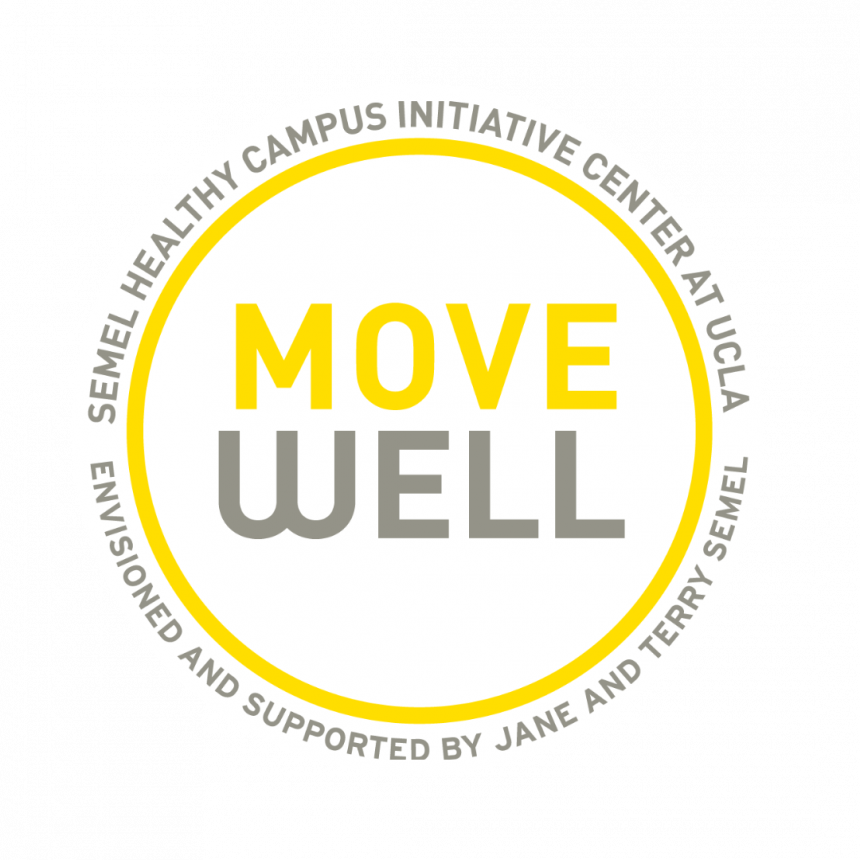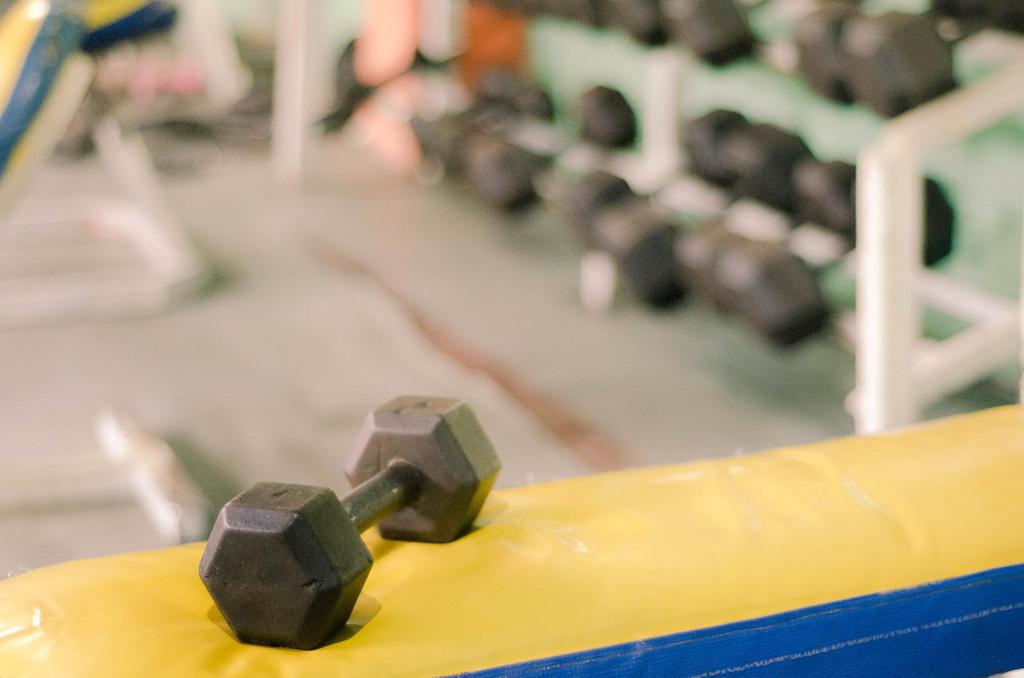Fitness Busters: Myth or Fact?
“When there’s something strange in your fitness plan, who you gonna call? Fitness Busters!”
Do you ever wonder if some of the most common fitness sayings are fact or fiction? Does it keep you up at night to know you could be working out in a way that is better for your body? Well if you have, then this blog is here to help!
So let’s see if some of these common fitness sayings are myth or facts to help ensure that you all are getting the most out of your workouts today and for the future!
STATEMENT #1: MYTH OR FACT: “Always stretch before you exercise!”

Photo via Google Images
MYTH! Now, I know what you’re thinking, “Wait so it’s bad for you then?” The myth that has been surrounding the fitness world has always been that stretching will help prevent injury. According to personal trainer Maik Weidenbach, stretching may actually do harm if you are not properly warmed up first. It weakens the muscles by about 30% and that reduced tension could lead to injuries. Its better to warm-up before stretching and strenuous exercise. For example, if you go on a run, start off with a brisk walk just to get your muscles working. Similarly, if you are doing intense weight training, start off with some lighter weights and build up for the workout.
Now, stretching AFTER you exercise is definitely recommended! However, it might not help you recover faster, like many people think. A study at the University of Milan has indicated that there were no changes in blood lactate levels, an indication of muscle fatigue, when comparing those who do and don’t stretch after exercising. But it will help with joint flexibility, which is definitely a plus as that will help with long-term effects of exercising.
STATEMENT #2: MYTH OR FACT: “No pain, no gain!”
MYTH! Now, for all of you biology students, I know that you are thinking, “But what about all the times that my muscles are feeling a burn due to lactic acid? That’s just the body telling me I’m pushing myself a bit. I thought that was good for exercise!”
And you are right! But some people take “no pain, no gain” to mean something a bit more extreme. The phrase almost denotes that the more pain you are in, the more you are probably gaining or that all pain acts as some sort of indicator that you are working out in the correct way. Both of these statements are false. Just because you are in pain does not mean that you are doing the exercise correctly. By how serious that pain is, it probably means that you are actually doing it wrong or that you are taking on too much!
If you are experiencing any sharp or acute pain, please STOP! Exercising is not about who can handle the most pain so they can achieve their desired outcomes. Any sign of serious pain means that you are hurting yourself, whether it’s in your muscles or elsewhere. It is normal that you feel a slight burn, as that is just your muscles telling you that you are pushing yourself to do better and handle a bit more strength. But by no means does this tell you to injure yourself. As Cooper Fitness Center Professional Fitness Trainer David H. Williams has said, “There is a difference between discomfort and pain.”
So just keep in mind that if you are experiencing pain during your workout, try and assess if it is a normal burn or something more serious. If it is, there is no shame in stopping! It’s always better to know your limits and just increase the intensity of one of your normal workouts before trying something completely out of your comfort zone.
STATEMENT #3: MYTH OR FACT: “You have to spend more time exercising to stay in shape!”

Photo via Google Images
MYTH! This is a super big myth! Especially for those who are just getting into the groove of working out. This will probably do more harm than good! This is true for both day to day and in the long run.
Although studies have recommended that people should get some sort of physical work out for 30-50 minutes, 5 or so days a week, you don’t need to over-do it! You don’t even have to do all of your working out at once each day. According to a study done at Arizona State University, those who split up their 30 minutes of their daily walking into three 10 minute sections had, on average, lower blood pressure readings than those who took their daily walks at 30 minutes per day.
For long-term, you definitely need to take rest days, especially after long workouts, as you could potentially injure yourself. According to celebrity trainer, Ashley Borden, by working out too often, you would be preventing your body from ever recuperating and improving to take on more challenging workouts the next time.
So just remember: work out often, but don’t forget to listen to your body! Your body will tell you what it requires, whether it’s food, rest, or breaks in between exercising.
STATEMENT #4: MYTH OR FACT: “Movement helps with stress!”

Photo via Google Images
Fact! Movement helps reduce stress due to neurochemical effects.
According to articles from Harvard Health Publications and the Anxiety and Depression Association of America, exercising helps reduce the stress-inducing hormones, adrenaline and cortisol. By helping to reduce those, you will be less likely to feel stress at various situations since your body won’t be filled with higher levels of those hormones. Also, exercise actually helps stimulate the production of endorphins, or what I like to call the “happy” chemicals. These are the hormones that produce the effects as seen with painkillers or elevating your general mood.
Likewise, this amazing fact also refers to mental exercises, those that help your body as well, such as meditation, can also help reduce stress. Meditation has been known for helping “slow the heart rate, lower the blood pressure, reduce the breathing rate, diminish the body’s oxygen consumption, reduce blood adrenaline levels, and change skin temperature”, according to studies of Indian yoga masters. These will counteract the general effects that are associated with stress, which are elevated blood pressure and racing of the heart.
There is even a form of meditation that is referred to as progressive muscular relaxation. By tightening your muscles, holding that for 20 seconds, and slowly relaxing, you’ll be able to both release your body’s physical strains and stress while also releasing your mind’s stress!
So here are all of the facts and myths that I think are the most important to know about fitness! Remember to always do your research about common fitness sayings before you believe them or even performing them!
Good luck, once again, and you all will do wonderfully as you embark on your unique fitness journeys!
Tiffany Hu is an undergraduate student at UCLA majoring in Microbiology, Immunology, and Molecular Genetics with a minor in Bioinformatics. She is a blogger for Move Well of the UCLA Healthy Campus Initiative. She is the co-Director of the Student Health Advocates, which focuses on educating students on various intersections of health. Tiffany is also the Special Projects and Alumni Coordinator of the UCLA Care Extender Internship, which helps students volunteer at all departments in the UCLA Medical Centers.




